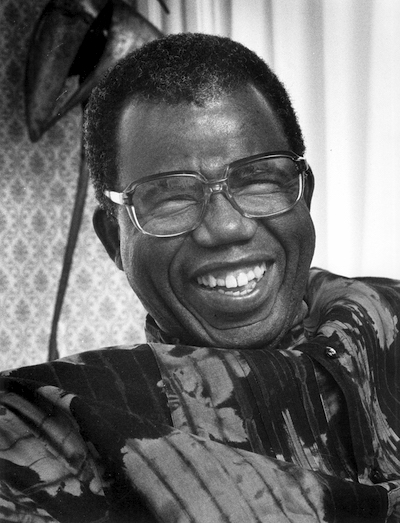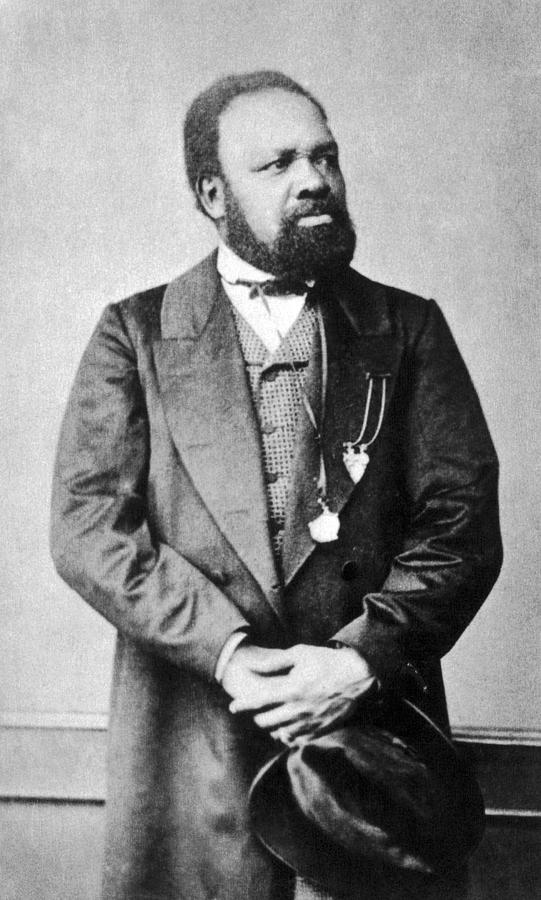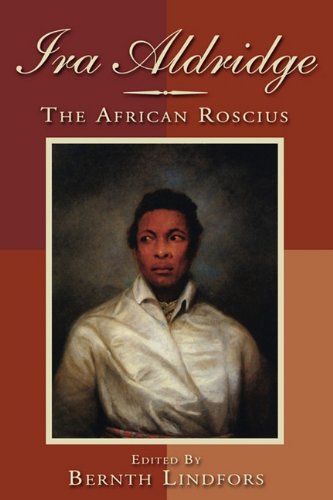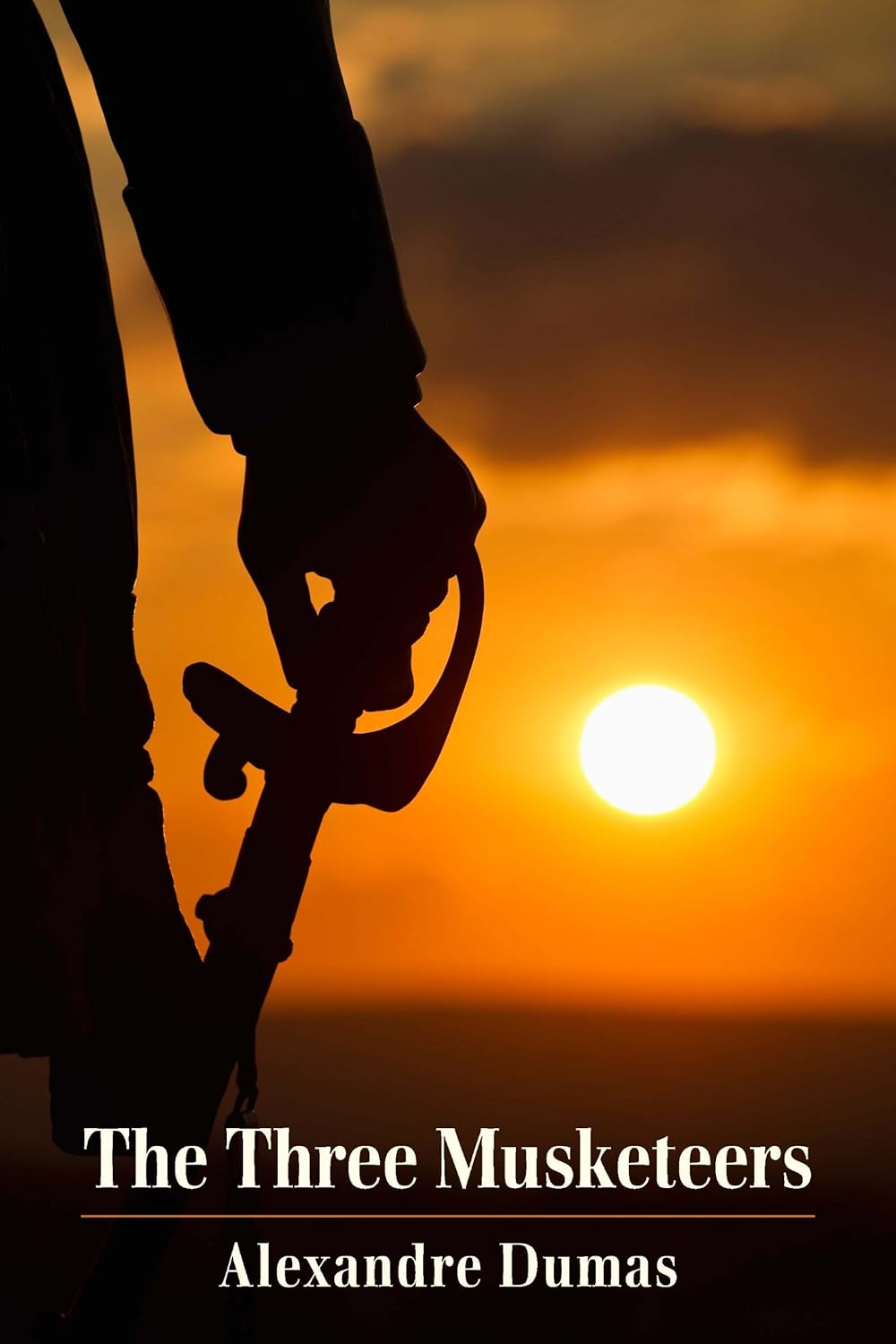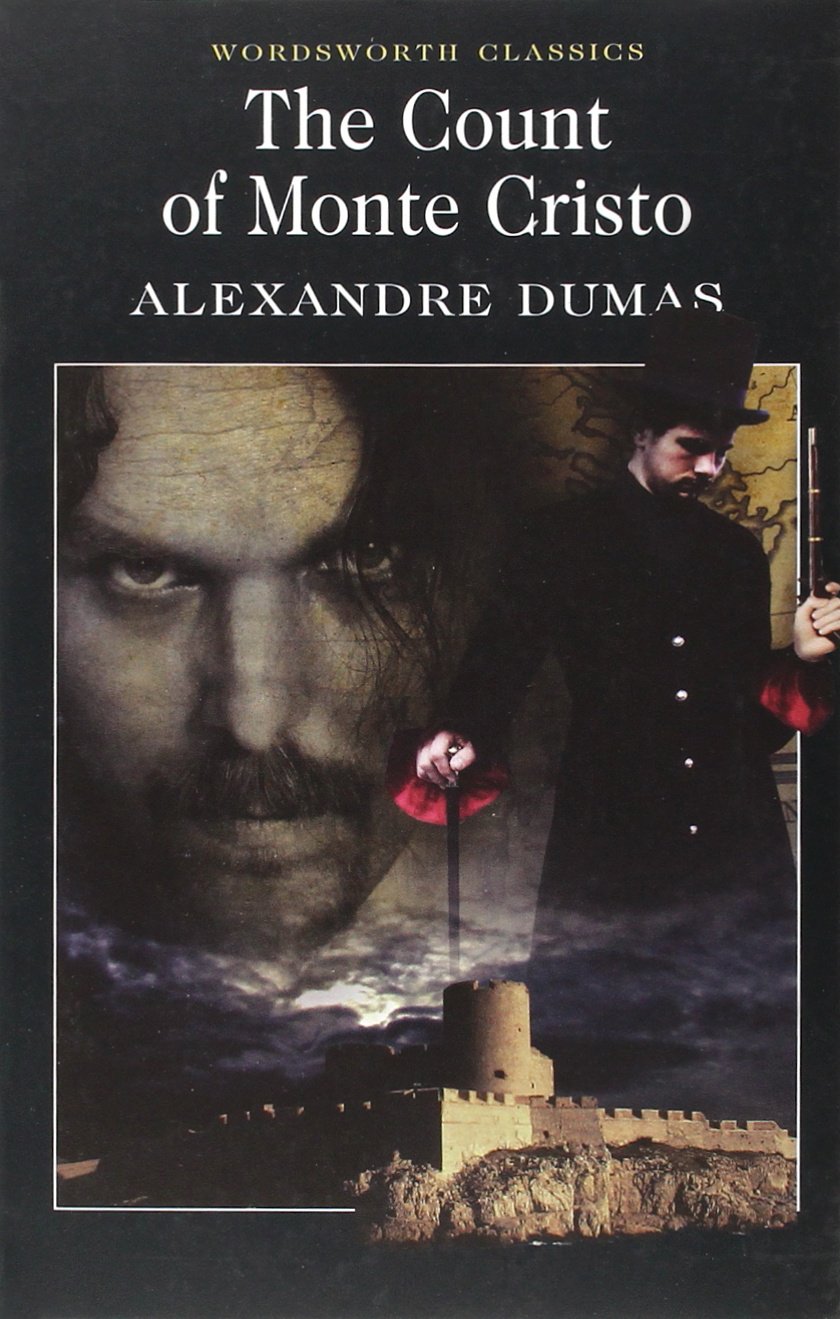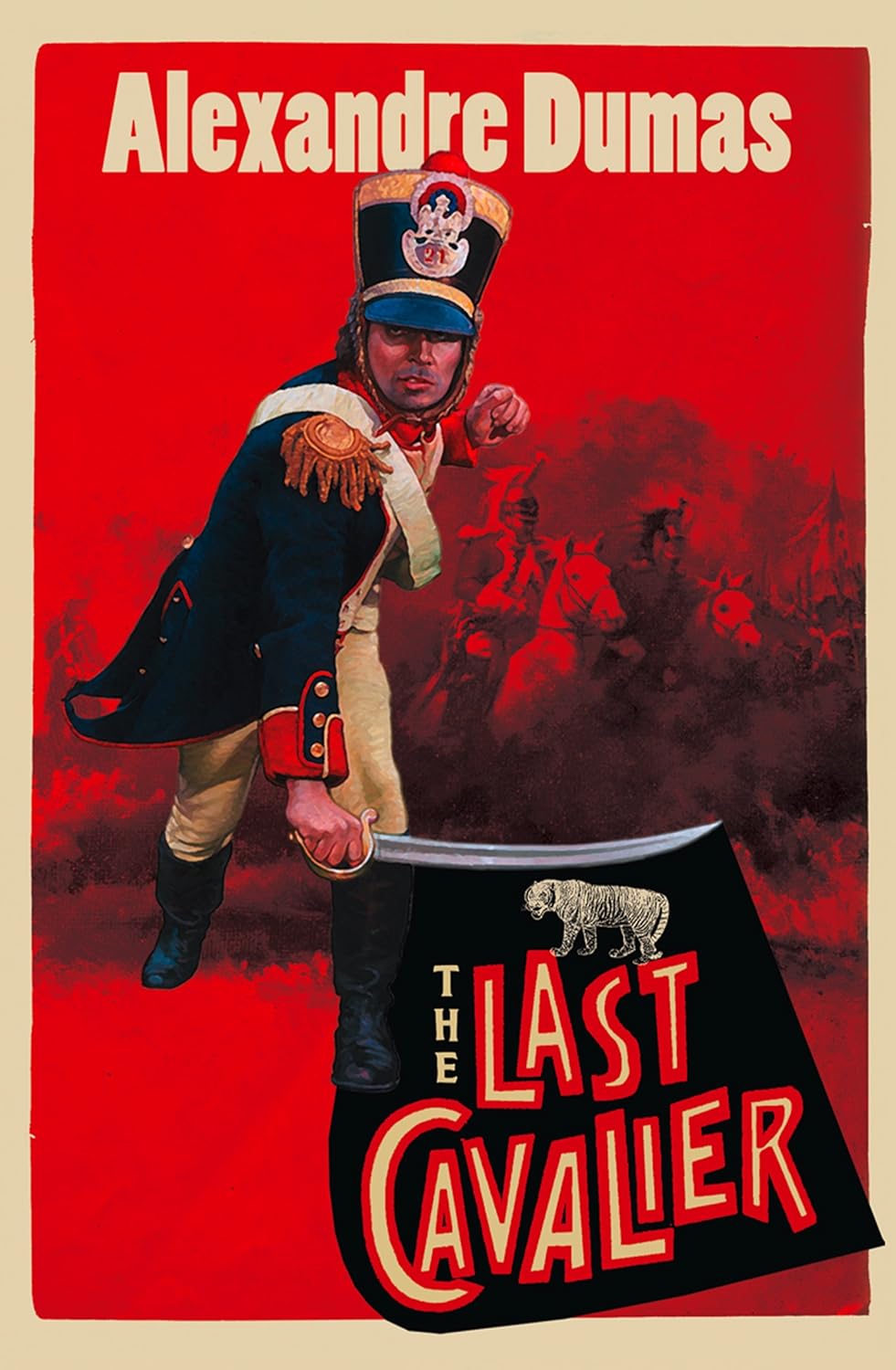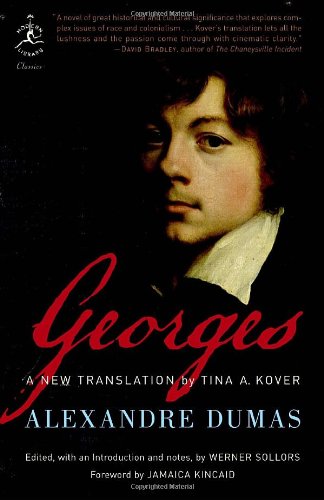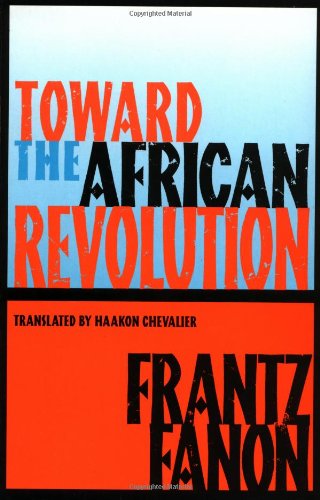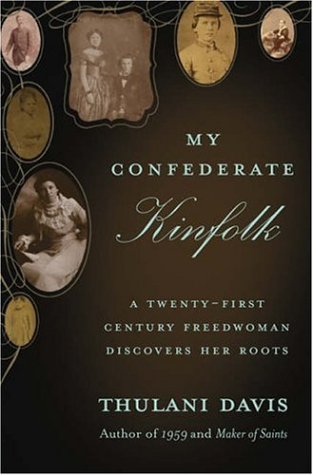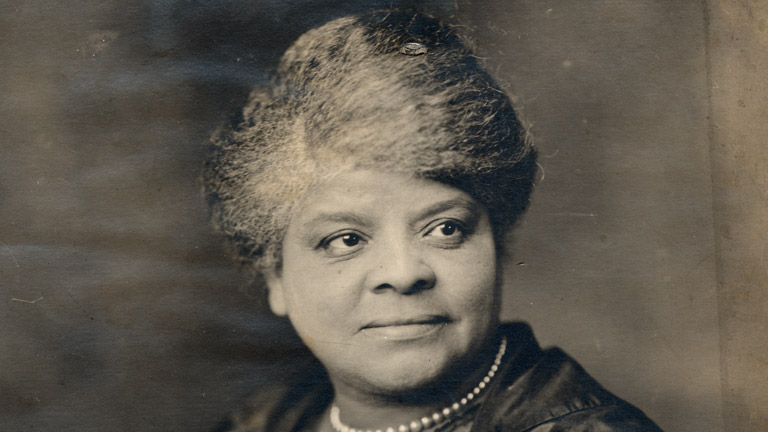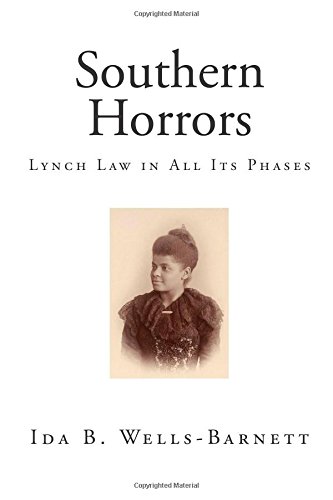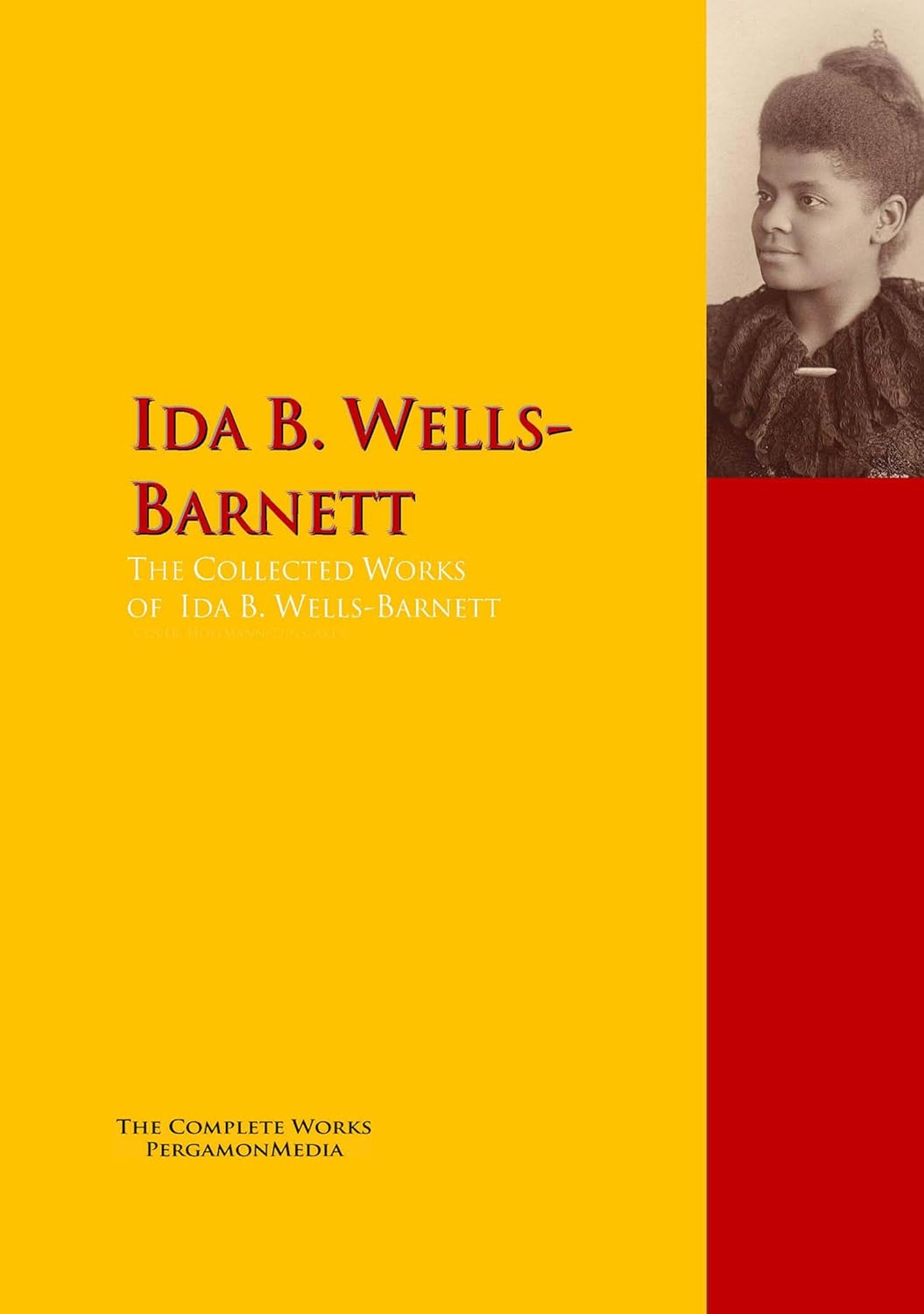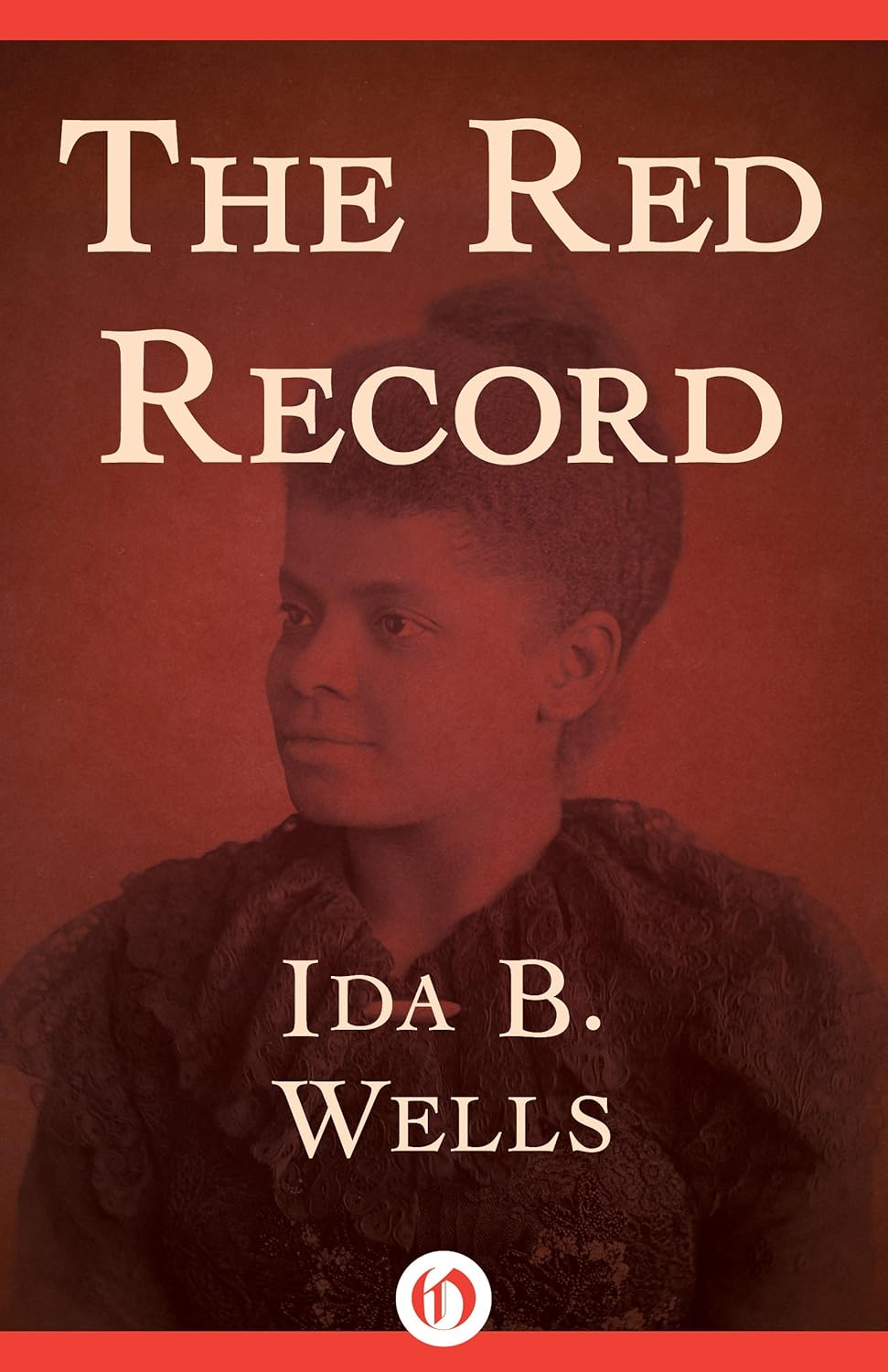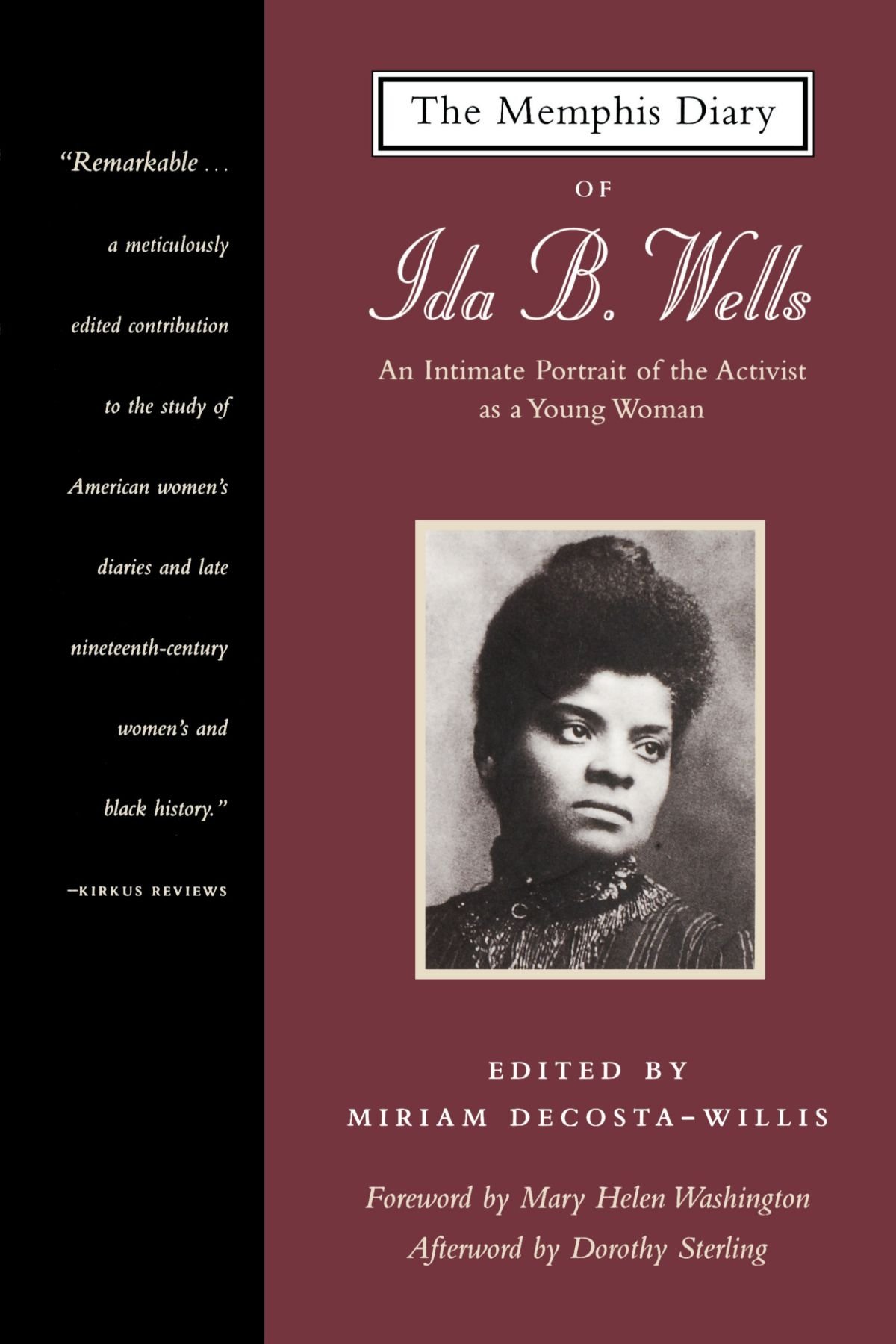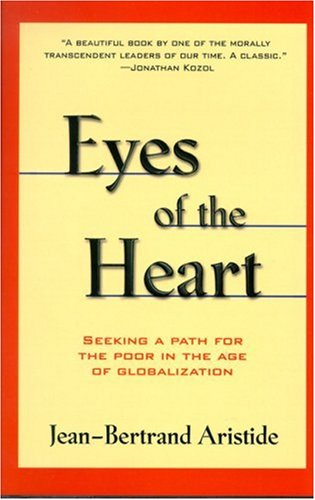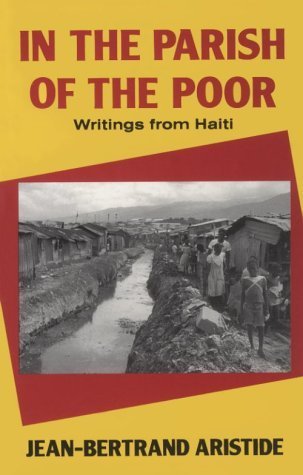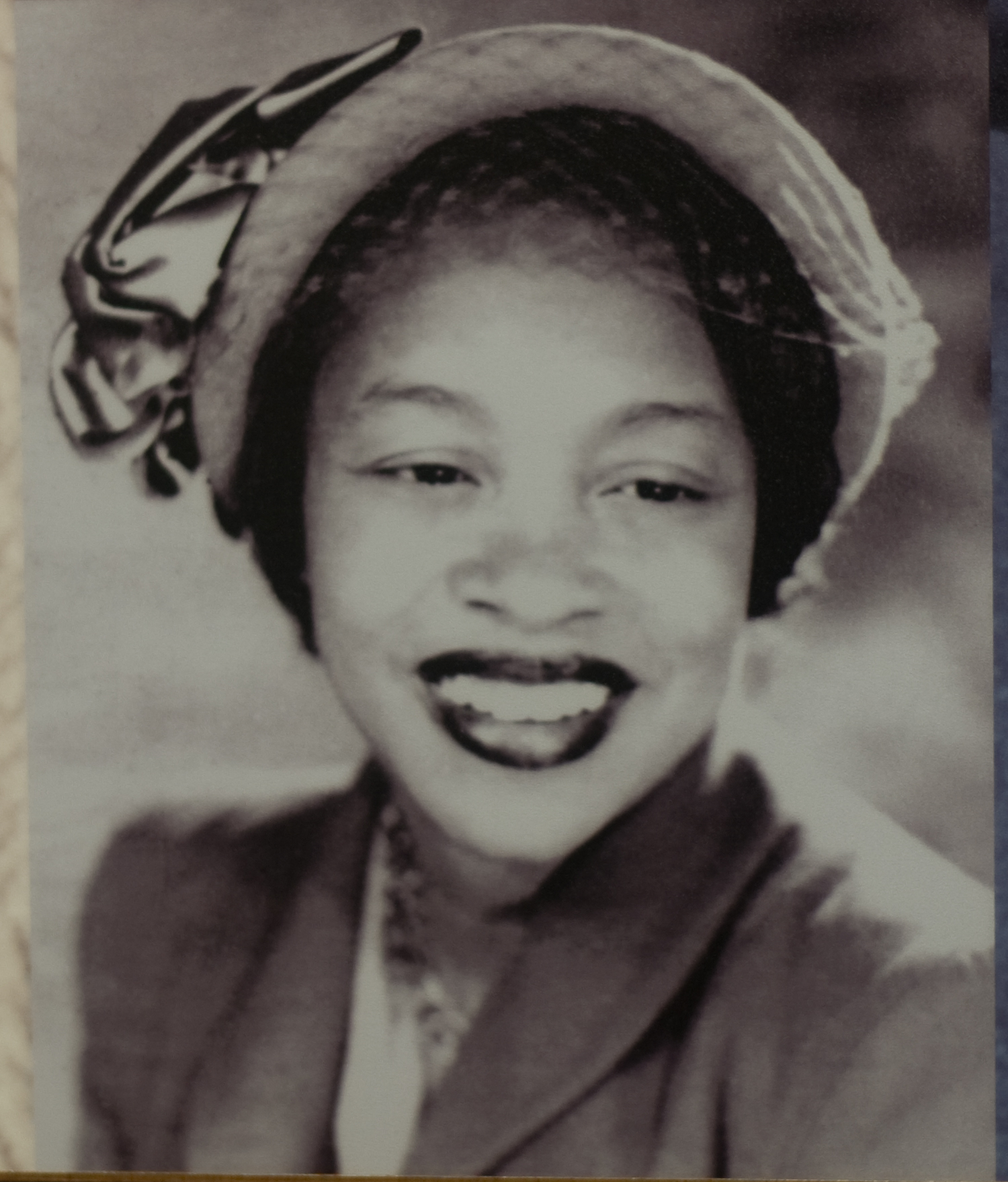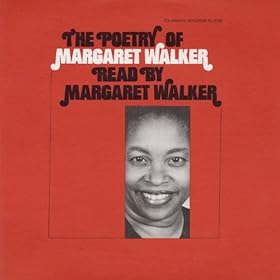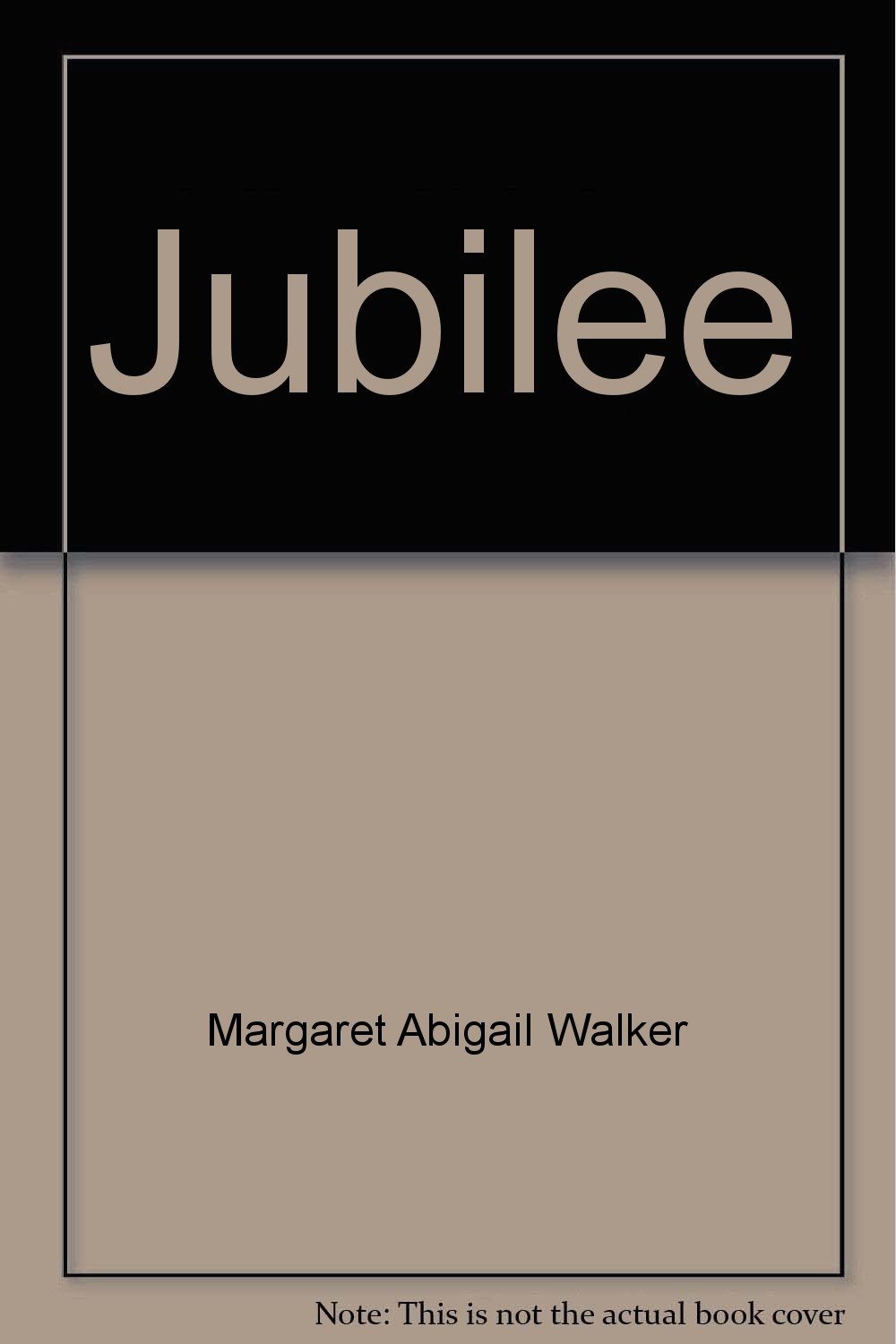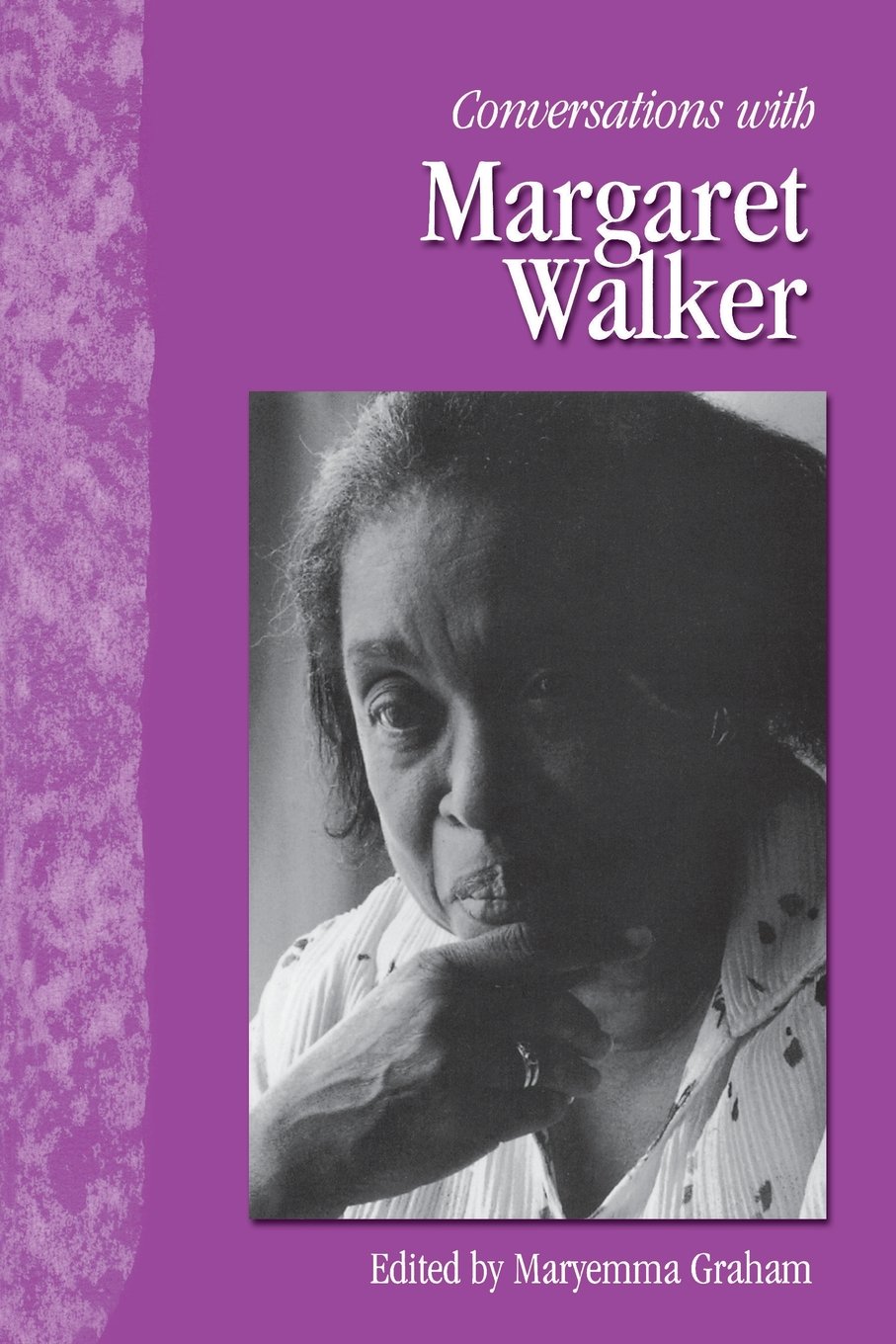Sunday 31 July 2016
Father of African Literature on “The story”
“It is only the story ... that saves our progeny from blundering like blind beggars into the spikes of the cactus fence. The story is our escort; without it, we are blind. Does the blind man own his escort? No, neither do we the story; rather, it is the story that owns us” (Chinua Achebe, Anthills of the Savannah,
Saturday 30 July 2016
Back to the primer: How genocidist Nigeria enhances Igbo freedom drive
Herbert Ekwe-Ekwe
One of the obvious features any student of genocide picks up quite quickly about the perpetrator of this heinous crime is how open, less subtle, and often brazenly defiant they are with respect to their programme/policy towards a prescribed or targeted people.
(Wayne Shorter Octet, “Mephistopheles” [personnel: Shorter, tenor saxophone, Freddie Hubbard, trumpet; Alan Shorter, fluegelhorn; Grachan Moncur III, trombone; James Spaulding, alto saxophone; Herbie Hancock, piano; Ron Carter, bass; Joe Chambers, drums; recorded: Van Gelder Studio, Englewood Cliffs, NJ, US, 15 October 1965])
Who resolves burden of history?
If one goes through the copious analyses and papers by the Biafran leadership on the mindset of Nigerian génocidaires during 1966-1970 (phases I-III of the genocide), it is fascinating to note how the former’s very advanced thinking at the time has impacted contemporary genocide studies and the mode of pronouncement by many in international relations, scholars and statespersons alike, on the nature of the increasingly “global emergency”, especially since 9 September 2001. Fifty years ago, to the day, the Igbo, particularly their intellectuals, clearly articulated the existential threat they faced (and still face) and responded accordingly. The Igbo today, including their intellectuals, therefore do have a historic precedent to sustain their round-the-clock scholarship on the varying spheres and facets of arguably the most long-drawn-out and savagely pursued genocide of contemporary history.
No one else, howsoever their altruistic credentials, resolves someone’s burden of history except themself. Surely, the Igbo couldn’t think otherwise!
(Andrew Hill Septet, “Compulsion” [personnel: Hill, piano; Freddie Hubbard, trumpet; John Gilmore, tenor saxophone; Cecil McBee, bass; Joe Chambers, drums; Renaud Simmons, conga, percussion; Nadi Qamar, percussion, African drums, thumb piano; recorded: Van Gelder Studio, Englewood Cliffs, NJ, US, 8 October 1965])
Tuesday 26 July 2016
Herbert Ekwe-Ekwe reflects on the express mission of the Biafra freedom movement (video 9.34 minutes)
(Herbert Ekwe-Ekwe: The imperative of Biafra)
Twitter@HerbertEkweEkwe
Sunday 24 July 2016
209th birthday of Ira Aldridge
One of the leading Shakespearean actors of the 19th century, active on the(Born 24 July 1807, New York, US)
Twitter@HerbertEkweEkwe
214th birthday of Alexandre Dumas
One of the preeminent luminaries of French letters, prolific across genres – novels, drama, travel books, history, journalism – with classics which include The Three Musketeers, The Count of Monte Cristo, Twenty Years Later, The Last Cavalier, Georges(Born 24 July 1802, Villiers-Cotterêts, France)
Saturday 23 July 2016
The empires of conquest, occupation, genocide
Herbert Ekwe-Ekwe
Overview
As the milestones (below) show, the European World-conqueror/conquest state in Africa, right from the outset, in the wake of the notorious November 1884-February 1885 Berlin conference, is at once an occupying and genocide state.
The lead conqueror-powers – Belgium, Germany, Britain and France, in that chronological order, would directly or indirectly (e.g. French military brigade based and operating in Rwanda, 1994) perpetrate genocide in which millions of constituent peoples in Africa are murdered in designated countries in eastcentral, south and southwestcentral regions of the continent they occupy or quasi-occupy during the course of 138 years, 1878-2016.
Gory “boys” of empires
In the cases of Nigeria, Rwanda, the Sudan, and Democratic Republic of the Congo, beginning with Nigeria’s inaugural launch of the Igbo genocide on 29 May 1966 in which it murders 3.1 million Igbo or one-quarter of this nation’s population during 44 subsequent months, the African/African-Arabised-islamist “inheritors” of this conquest-genocide state (latter variant applicable especially to Nigeria and the Sudan), or the “boys” of their respective Europe-based suzerain “massas”, essentially take over as the primary-agent executors of genocide in contemporary Africa. These “boys” of empires – the Yakubu Gowons, the Olusegun Obusonjos, the Mobutu Sese Sekos, the Obafemi Awolowos, the Mohammed Shuas, the Idi Amins, the Muhammadu Buharis, the Jean-Bédel Bokassas, the Benjamin Adekunles, the Omar al-Bashirs, the Gbadamosi Kings, the Murtala Mohammeds, the Hissène Habrés, the Ibrahim Taiwos, etc., etc, have sought zealously and ruthlessly to compete with their “massas” to keep the slaughtering thresholds of these stretches of genocide in Africa at the optimal level. So, in these past 50 years, i.e. since 29 May 1966, these gruesome “boys” of empires have murdered 15 million African peoples in genocides and other wars across Africa. These “boys” will continue to murder Africans as fiendishly as ever for the dual, shared, interests of theirs and their “massas” until they are stopped.
African agency
They will be stopped by none other than an African agency on the African ground. This agency must dismantle the extant “Berlin-state”, the “curse” in Africa as historian Basil Davidson has succinctly described it, precisely that terror lever that the empires employ to not only expropriate Africa’s gargantuan wealth day in, day out, but, more intrinsically, murder Africans. In the current epoch, the disciplined and focussed Biafran freedom movement articulates the urgency of this agency. As I have argued elsewhere (http://re-thinkingafrica.blogspot.co.uk/2016/07/herbert-ekwe-ekwe-it-is-indeed-striking.html ), the imperative of the Biafra mission, given the catastrophe of the agelong revolving genocides unleashed by the empires of Europe on the peoples of Africa, is to construct a civilisation where African life, human life, is fundamentally sacrosant.
The lead conqueror-powers – Belgium, Germany, Britain and France, in that chronological order, would directly or indirectly (e.g. French military brigade based and operating in Rwanda, 1994) perpetrate genocide in which millions of constituent peoples in Africa are murdered in designated countries in eastcentral, south and southwestcentral regions of the continent they occupy or quasi-occupy during the course of 138 years, 1878-2016.
Gory “boys” of empires
In the cases of Nigeria, Rwanda, the Sudan, and Democratic Republic of the Congo, beginning with Nigeria’s inaugural launch of the Igbo genocide on 29 May 1966 in which it murders 3.1 million Igbo or one-quarter of this nation’s population during 44 subsequent months, the African/African-Arabised-islamist “inheritors” of this conquest-genocide state (latter variant applicable especially to Nigeria and the Sudan), or the “boys” of their respective Europe-based suzerain “massas”, essentially take over as the primary-agent executors of genocide in contemporary Africa. These “boys” of empires – the Yakubu Gowons, the Olusegun Obusonjos, the Mobutu Sese Sekos, the Obafemi Awolowos, the Mohammed Shuas, the Idi Amins, the Muhammadu Buharis, the Jean-Bédel Bokassas, the Benjamin Adekunles, the Omar al-Bashirs, the Gbadamosi Kings, the Murtala Mohammeds, the Hissène Habrés, the Ibrahim Taiwos, etc., etc, have sought zealously and ruthlessly to compete with their “massas” to keep the slaughtering thresholds of these stretches of genocide in Africa at the optimal level. So, in these past 50 years, i.e. since 29 May 1966, these gruesome “boys” of empires have murdered 15 million African peoples in genocides and other wars across Africa. These “boys” will continue to murder Africans as fiendishly as ever for the dual, shared, interests of theirs and their “massas” until they are stopped.
African agency
They will be stopped by none other than an African agency on the African ground. This agency must dismantle the extant “Berlin-state”, the “curse” in Africa as historian Basil Davidson has succinctly described it, precisely that terror lever that the empires employ to not only expropriate Africa’s gargantuan wealth day in, day out, but, more intrinsically, murder Africans. In the current epoch, the disciplined and focussed Biafran freedom movement articulates the urgency of this agency. As I have argued elsewhere (http://re-thinkingafrica.blogspot.co.uk/2016/07/herbert-ekwe-ekwe-it-is-indeed-striking.html ), the imperative of the Biafra mission, given the catastrophe of the agelong revolving genocides unleashed by the empires of Europe on the peoples of Africa, is to construct a civilisation where African life, human life, is fundamentally sacrosant.
Haunting milestones
(1) 1878-1908: King Leopold II-led Belgian monarchy/state-organised genocide of constituent peoples in the
(2) 1904-1907: German state-organised genocide of Herero people in Namibia
(3) 1904-1907: German state-organised genocide of Nama people in Namibia
(4) 29 May 1966-12 January 1970 (phases I-III): Nigeria state-organised genocide of Igbo people, foundational genocide of post-(European)conquest Africa, supported, centrally, by Britain (diplomatically, politically, militarily) – 3.1 million Igbo or one-quarter of this nation’s population murdered, representing highest number in genocide fatality of a constituent nation or people in Africa during these past 138 years
(4) 29 May 1966-12 January 1970 (phases I-III): Nigeria state-organised genocide of Igbo people, foundational genocide of post-(European)conquest Africa, supported, centrally, by Britain (diplomatically, politically, militarily) – 3.1 million Igbo or one-quarter of this nation’s population murdered, representing highest number in genocide fatality of a constituent nation or people in Africa during these past 138 years
(5) 13 January 1970-Present Day (phase-IV): Nigeria
(6) 1994: Rwanda
(7) Since mid-1990s: Democratic Republic of the Congo /contiguous states/proxy states-facilitated/organised genocide of African constituent peoples in the Democratic Republic of the Congo
(8) 2003-2oo6: The Sudan state-organised genocide of Darfuri people – 300,000 Darfuri murdered
(9) Since 2006: The Sudan state-organised genocide of African constituent peoples in the south of the country (Nuba Mountains , South Kordofan, Blue Nile ) – tens of thousands of African constituent peoples murdered
Twitter@HerbertEkweEkwe(Charles Mingus Sextet, “Passions of a man” [personnel: Mingus, piano, vocals; Jimmy Knepper, trombone; Rahssan Roland Kirk, flute, siren, tenor saxophone, manzello, strich; Booker Ervin, tenor saxophone; Doug Watkins, bass; Dannie Richmond, drums; recorded: Atlantic Studios, New York, US, 6 November 1961])
Wednesday 20 July 2016
91st birthday of Frantz Fanon
(Born 20 July 1925, Fort-de-France, Martinique, Caribbean)
Psychiatrist, student of poet, playwright and essayist Aimé Césaire, philosopher and one of the preeminent revolutionary theorists of the 20th century whose landmark publications are: The Wreathed of the Earth (1963), A Dying Colonialism (1965), Black Skin, White Masks (1967), Toward the African Revolution (1969)
(Charles Mingus Sextet, “Passions of a man” [personnel: Mingus, piano, vocals; Jimmy Knepper, trombone; Rahssan Roland Kirk, flute, siren, tenor saxophone, manzello, strich; Booker Ervin, tenor saxophone; Doug Watkins, bass; Dannie Richmond, drums; recorded: Atlantic Studios, New York, US, 6 November 1961])
Twitter@HerbertEkweEkwe(Charles Mingus Quintet, “Canon” [personnel: Mingus, bass; Ronald Hampton, trumpet; George Adams, tenor saxophone; Don Pullen, piano; Dannie Richmond, drums; recorded: Atlantic Studios, New York, US, 29-31 October 1973])
Tuesday 19 July 2016
67th birthday of Thulani Davis
Award-winning playwright, novelist, journalist, poet, librettist, outstanding works include My Confederate Kinfolk (2006) on family history with immense national and wider resonance, The Souls of Black Folk (2003), a play on adaptation of WEB Du Bois’s classic of the same title, All the Renegade Ghosts Rise (poems: 1978), Playing the Changes (poems: 1985) and writes the libretti to two operas she collaborates with cousin and composer/pianist Anthony Davis: X (1986) on the life of Malcolm X and Amistad (1997) on the 1839 enslaved African maritime freedom uprising(Born 19 July 1949, Hampton, Virginia, US)
Twitter@HerbertEkweEkwe
Sunday 17 July 2016
The imperative of Biafra
Herbert Ekwe-Ekwe
It is indeed striking if not extraordinary that
quite a few don’t seem to recognise the underlying features that link the almost
routinised murder perpetrated by the police/other agents of the state in Africa
on an African people in the streets of Onicha, Igwe Ocha, Aba, Nairobi, Oka, Uzo-Uwani,
Bujumbura, Owere, Enuugwu and Asaba, for instance, with the stretch of murders of
African-descent people in the United States carried out by police in innumerable
cities including, especially, New York, Tulsa, Orlando, Washington DC, Omaha, Baton Rouge, Jacksonville, Dallas, Minnesota, San Francisco, Columbus, Oklahoma City, Las Vegas, Baltimore, Chicago and
Los Angeles.
Rubric
These murders, east or west of the Atlantic,
are configured and executed under that same overarching ideological rubric of the expressed
“diminution-of-African life” that constitutes the engaging, subjugating template
of 400 years of pan-European enslavement of the African humanity in the
Americas and elsewhere, beginning in the 15th century, and Europe’s consequent
occupation of the African homeland itself. Europe’s “Berlin state”-aftermath of
this scourge of history in contemporary Africa duly operationalises the agelong legacy.
Thus, the significance of the late 1960s British Prime Minister Harold Wilson’s notorious declaration that he, Harold Wilson, “would accept the death of half a million Biafrans if that was what it took” Britain’s client and co-genocidist Nigeria to destroy the Igbo resistance to the ongoing Igbo genocide (Roger Morris, Uncertain Greatness: Henry Kissinger and American Foreign Policy, 1977: 122) is a reminder to anyone who would wish to think otherwise (in the globe’s post-World War II era) that the raison d’être of the state that would “oversee” the lives of African peoples forthwith wouldn’t differ, significantly, from what Britain and the rest of Europe had constructed, in variegated forms, since the 1490s. The Nigerian executioners on the ground end up murdering 3.1 million Biafrans or 25 per cent of the Igbo population during 44 gruesome months (29 May 1966-12 January 1970) – far in excess of “massa” Harold Wilson’s “half a million Biafrans”-death wish, representing 4.2 per cent of the Igbo.
Just as the murderous gangs of camp overseers in the African enslaved estates in the Americas of earlier epochs, the overseers in present day Africa matrix estate formations, often drawn from constituent African nations opposed to the restoration of African freedom from the pan-European conquest and subjugation (e.g. Hausa-Fulani in a British Nigeria), are primed by the estate to murder conscientiously liberatory and transformative Africans as instantly, overwhelmingly and savagely as they deem fit.
Thus, the significance of the late 1960s British Prime Minister Harold Wilson’s notorious declaration that he, Harold Wilson, “would accept the death of half a million Biafrans if that was what it took” Britain’s client and co-genocidist Nigeria to destroy the Igbo resistance to the ongoing Igbo genocide (Roger Morris, Uncertain Greatness: Henry Kissinger and American Foreign Policy, 1977: 122) is a reminder to anyone who would wish to think otherwise (in the globe’s post-World War II era) that the raison d’être of the state that would “oversee” the lives of African peoples forthwith wouldn’t differ, significantly, from what Britain and the rest of Europe had constructed, in variegated forms, since the 1490s. The Nigerian executioners on the ground end up murdering 3.1 million Biafrans or 25 per cent of the Igbo population during 44 gruesome months (29 May 1966-12 January 1970) – far in excess of “massa” Harold Wilson’s “half a million Biafrans”-death wish, representing 4.2 per cent of the Igbo.
Just as the murderous gangs of camp overseers in the African enslaved estates in the Americas of earlier epochs, the overseers in present day Africa matrix estate formations, often drawn from constituent African nations opposed to the restoration of African freedom from the pan-European conquest and subjugation (e.g. Hausa-Fulani in a British Nigeria), are primed by the estate to murder conscientiously liberatory and transformative Africans as instantly, overwhelmingly and savagely as they deem fit.
Prize
It is precisely as a result of this devastating
tract of antecedent that the soon to be freed Igbo people from genocidist Nigeria occupation have an opportunity to begin to
build a new civilisation in Biafra where African life, human life,
fundamentally, is sacrosanct.
This is the immediate prize of the restoration of Biafran freedom. And Biafrans
share this prize with the rest of African humanity – wherever they are
emplaced across the world. Surely, for African peoples, 500 years later, this
salient goal of Biafra cannot be overstressed. Never again does anyone anywhere
on earth devalue African life as a ritualised instrument of state power.
Beginning
Biafra is an inclusive state where women and men live as co-operators and co-creators in fundamentally transforming their society. This is a state that accepts and accords full rights to all its people. This is a state where people enjoy the rights to differ and to dream dreams and dream different sets of dreams as they choose.
Biafra is a state dedicated to furthering and nurturing the resilience of its people and to enable them advance their highest creative endeavours. This state continuously strives to remove all limitations in the paths of its people and committed to making life better and better and better. This is a state that tasks its people to flourish. Already, 50 years since the first dreadful murders of the genocide were committed in north Nigeria on Sunday 29 May 1966, Biafrans have written an extraordinary essay on human survival and fortitude, a beacon of the tenacity of the spirit of human overcoming of the most desperate, unimaginable, brutish forces.
Alas, this chokingly long drawn out catastrophe that is at once Britain’s Nigeria hotchpotch and the expanded timeframe of Europe’s totalising hegemony in Africa is over and truly African peoples do stand poised on the eve of a new beginning. Biafra.
(John Coltrane Quartet, “The promise” [personnel: Coltrane, soprano saxophone; McCoy Tyner, piano; Jimmy Garrison, bass; Elvin Jones, drums; recorded: live at Birdland, New York, US, 8 October 1963])
Twitter@HerbertEkweEkwe
Saturday 16 July 2016
154th birthday of Ida B Wells
(Born 16 July 1862, Holly Springs, Mississippi, US)
Sociologist, celebrated investigative journalist and unrelenting activist for African American freedom
Twitter@HerbertEkweEkwe
55th birthday of Forest Whitaker
Versatile and highly accomplished television and film actor with award-winning performances which include Bird (1988) on iconoclastic alto saxophonist, bandleader and composer Charlie Parker, The Last King of Scotland (2006) on vile Ugandan dictator Idi Amin, and The Great Debaters (2007) on the historic debating society team from African American Wiley College of the 1930s(Born 15 July 1961, Longview, Texas, US)
Twitter@HerbertEkweEkwe
63rd birthday of Jean-Bertrand Aristide
(Born 15 July 1953, Port Salut, Haiti)
Catholic priest of Salesian Order, liberation theologian and three times African-centred president of Haiti (7 February 1991-29 September 1991, 12 October 1994-7 February 1996, 7 February 2001-29 February 2004) during which he carries out expansive general population-focused reforms and provisions in health care, education and agriculture and tackling/curbing/dismantling a range of murderous military/quasimilitary brigades employed by regimes in the past to terrorise the people
Twitter@HerbertEkweEkwe
Twitter@HerbertEkweEkwe
47th birthday of Beth Brown
Cerebral astrophysicist and academic with outstanding outreach science education programmes(Born 15 July 1969, Roanoke, Virginia, US)
Twitter@HerbertEkweEkwe
Friday 15 July 2016
Germany to recognise the 1904-1908 genocide of Herero and Nama peoples; Britain can no longer continue to delay its own formal recognition of the central role it played with its Nigeria client state in perpetrating the Igbo genocide, the foundational genocide of post-(European)conquest Africa, 29 May 1966-12 January 1970, during which these dual genocidists of the age murdered 3.1 million Igbo people or one-quarter of this nation’s population
(Angela Merkel: Germany’s formal recognition of the Herero and Nama genocides which it carried out a century ago...)FWD: Justin Huggler, “Germany to recognise Herero genocide and apologise to Namibia”, Telegraph, London, Wednesday 14 July 2016, http://www.telegraph.co.uk/news/2016/07/14/germany-to-recognise-herero-genocide-and-apologise-to-namibia/ (accessed 14 July 2014)
Twitter@HerbertEkweEkwe
Wednesday 13 July 2016
80th birthday of Albert Ayler
Iconic tenor saxophonist and composer whose July 1964 album, Spiritual Unity (Ayler, tenor saxophone; Gary Peacock, bass; Sunny Murray, percussion) and subsequent landmark recordings celebrate the concept of rhythmic freedom that captures the saliency of the ongoing age of freedom drive in the(Born 13 July 1936, Cleveland, Ohio, US)
(Albert Ayler Trio, Spiritual Unity [“Ghosts: First variation”, “The wizard”, “Spirits”, “Ghosts: Second variation” {personnel: Ayler, tenor saxophone; Gary Peacock, bass; Sunny Murray, drums; recorded: Variety Arts Recording Studio, New York, US, 10 July 1964}])
(Albert Ayler Quartet, Vibrations [“Ghosts: short version”, “Children”, “Holy Spirit”, “Ghosts: extended version”, “Vibrations”, “Mothers” {personnel: Ayler, tenor saxophone, alto saxophone; Don Cherry, pocket trumpet, Gary Peacock, bass; Sunny Murray, drums; recorded: Copenhagen, Denmark, 14 September 1964}])
Twitter@HerbertEkweEkwe
Tuesday 12 July 2016
78th birthday of Lee Morgan
(Born 10 July 1938, Philadelphia, US)
Very bright trumpeter and composer who records prolifically both on his bands (usually quintets and sextets) and on a stretch of others including those led by Dizzy Gillespie, Art Blakey, John Coltrane, Joe Henderson, Jackie McLean, Wayne Shorter, Art Farmer and Andrew Hill
(Lee Morgan Sextet, “Tom cat” [personnel: Morgan, trumpet; Curtis Fuller, trombone; Jackie McLean, alto saxophone; McCoy Tyner, piano; Bob Cranshaw, bass; Art Blakey, drums; recorded: Van Gelder Studio, Englewood Cliffs, NJ, US, 11 August 1964])
Twitter@HerbertEkweEkwe
Monday 11 July 2016
Theresa May, British prime minister-designate
(Theresa May: “Brexit
means Brexit and we’re going to make a success of it”, outside parliament,
London, Monday 11 July 2016: 1735 BST)
Sunday 10 July 2016
114th birthday of Nicolás Guillén
(Born 10 July 1902, Camagüe, Cuba)
Twitter@HerbertEkweEkweCelebrated prolific liberatory poet, essayist, journalist, freedom exponent
208th or 209th birthday of Solomon Northup
African American violinist, farmer and landowner, kidnapped and enslaved in 1841 whilst visiting Washington, DC, for a music performance mission, regains his freedom in 1853 and becomes an influential campaign speaker for the African American freedom movement in the US’s northeast, publishes 12 Years a Slave (1853), the classic of his experience – basis of the feature, award-winning 2013 film directed by Steve McQueen in which Chiwetel Ejiofor plays Solomon Northup
(Ornette Coleman Quartet, “WRU” {or Wit and its Relation to the Unconscious – Freud}
[personnel: Coleman, alto saxophone; Don Cherry, pocket trumpet; Scott LaFaro, bass; Ed Blackwell, drums; recorded: Atlantic Studios, New York, US, 31 January 1961])
Twitter@HerbertEkweEkwe
39th birthday of Chiwetel Ejiofor
Award-winning theatre, television and film actor whose breathtaking career has featured lead performances ranged across some of the most tortuous terrains that define humanity’s current history:(Born 10 July 1977, Forest Gate, London, England)
Twitter@HerbertEkweEkwe
Saturday 9 July 2016
Mid-2016 thoughts for the weekend… Does African life really matter?
Why are African peoples more than any other part of humanity in today’s world more likely and readily
and ruthlessly murdered by the police or other armed agents of the state in innumerable
towns and cities across the globe including, especially, Igwe-Ocha, Tulsa, Onicha, New
York, Enuugwu, Orlando, Aba, Omaha, Baton Rouge, Uzo-Uwani, Jacksonville, Asaba, Nairobi, Dallas, Owere, Bujumbura, Minnesota, San Francisco, Columbus, Nkpo, Oklahoma City, Ubulu-Ukwu, Las Vegas, Baltimore, Chicago, Umuahia, Los Angeles, Oka…?
(John Coltrane Quartet, “Alabama” [personnel: Coltrane, tenor saxophone, McCoy Tyner, piano; Garrison, bass; Elvin Jones, drums; recorded: Jazz Casual [Ralph Gleason], National Educational Television, KQED Studios, San Francisco, US, 1 November 1963])
Twitter @HerbertEkweEkwe
FWD: China and the depletion of west Africa fish stocks
Tamasin
Ford, “How China’s trawlers are emptying Guinea’s oceans”, BBC News, London, Friday 8 July 2016 (http://www.bbc.co.uk/news/world-africa-36734578, accessed 9 July 2016)
Labels:
BBC,
China,
depletion,
fish stocks,
Guinea (Conakry),
Tamasin Ford,
west Africa
Friday 8 July 2016
114th birthday of Gwendolyn Bennett
Poet, graphic artist, organiser and leader of artists’ guilds, cultural magazine editor and contributor, academic, one of the leading figures of the Harlem Renaissance of the 1920s-1930sBorn 8 July 1902, Giddings, Texas, US)
Twitter@HerbertEkweEkwe
Thursday 7 July 2016
110th birthday of Helene Johnson
One of the outstanding poets of the Harlem Renaissance of the 1920s-1930s, later develops the discipline to write a poem each day for a period stretching almost five decades(Born 7 July 1906, Boston, Mass, US)
Twitter@HerbertEkweEkwe
86th birthday of Hank Mobley
Tenor saxophonist, composer, bandleader, with an impressive recording career beginning in the mid-1950s and spanning two decades(Born 7 July 1930, Eastman, Georgia, US)
(Hank Mobley Quartet, “Dig dis” [personnel: Mobley, tenor saxophone; Wynton Kelly, piano; Paul Chambers, bass; Art Blakey, drums; recorded: Van Gelder Studio, Englewood Cliffs, NJ, US, 7 February 1960])
101st birthday of Margaret Abigail Walker
Poet, novelist, academic, immensely influential figure in the development of African American letters, author of the 1942 classic For My People, a volume of poetry that focuses on African American history, Jubilee (1966), a family historical novel, and an array of other published studies(Born 7 July 1915, Birmingham, Al, US)
Twitter@HerbertEkweEkwe
Subscribe to:
Posts (Atom)
